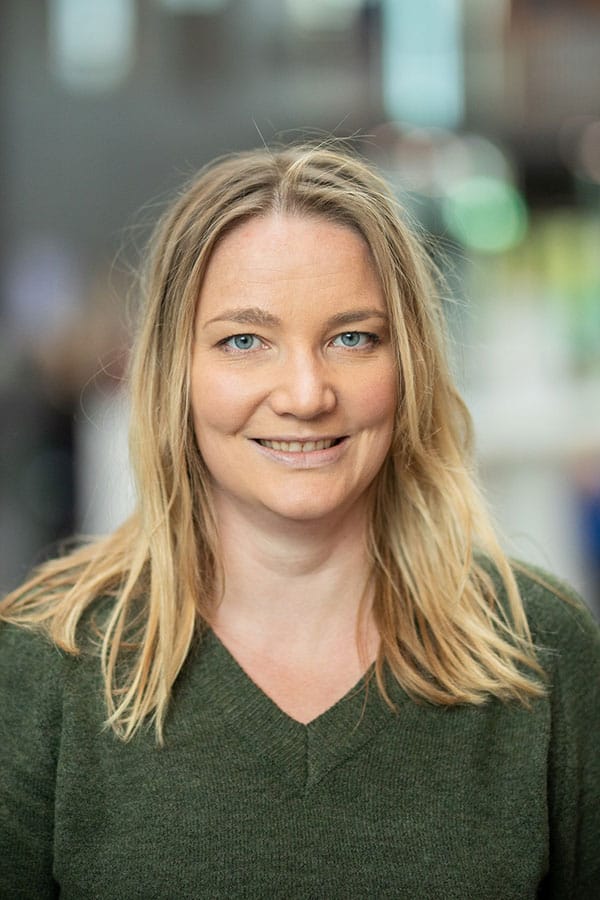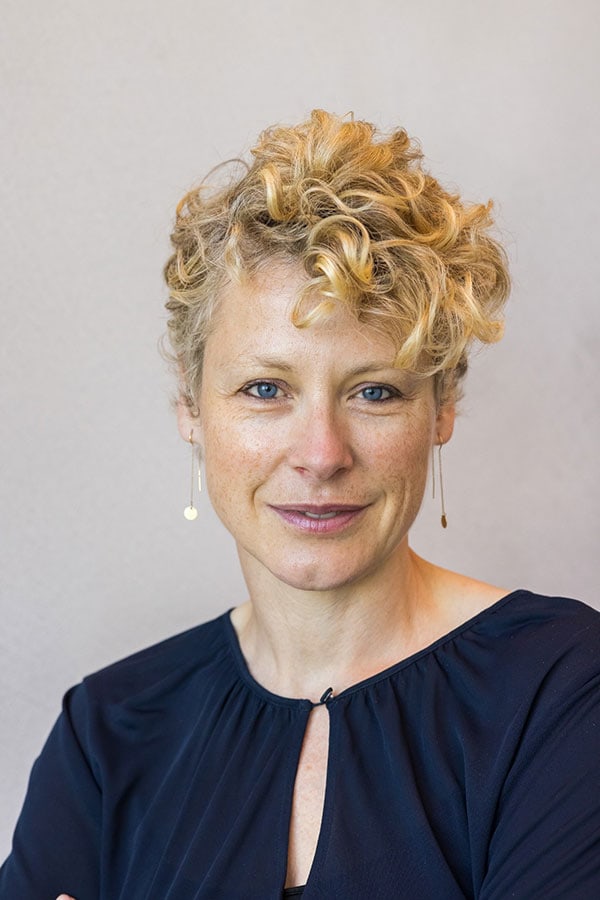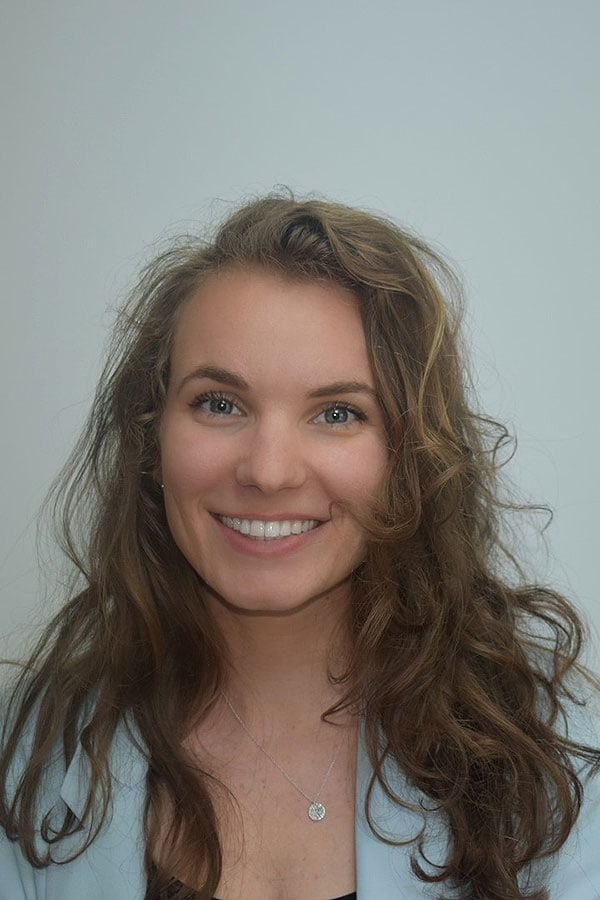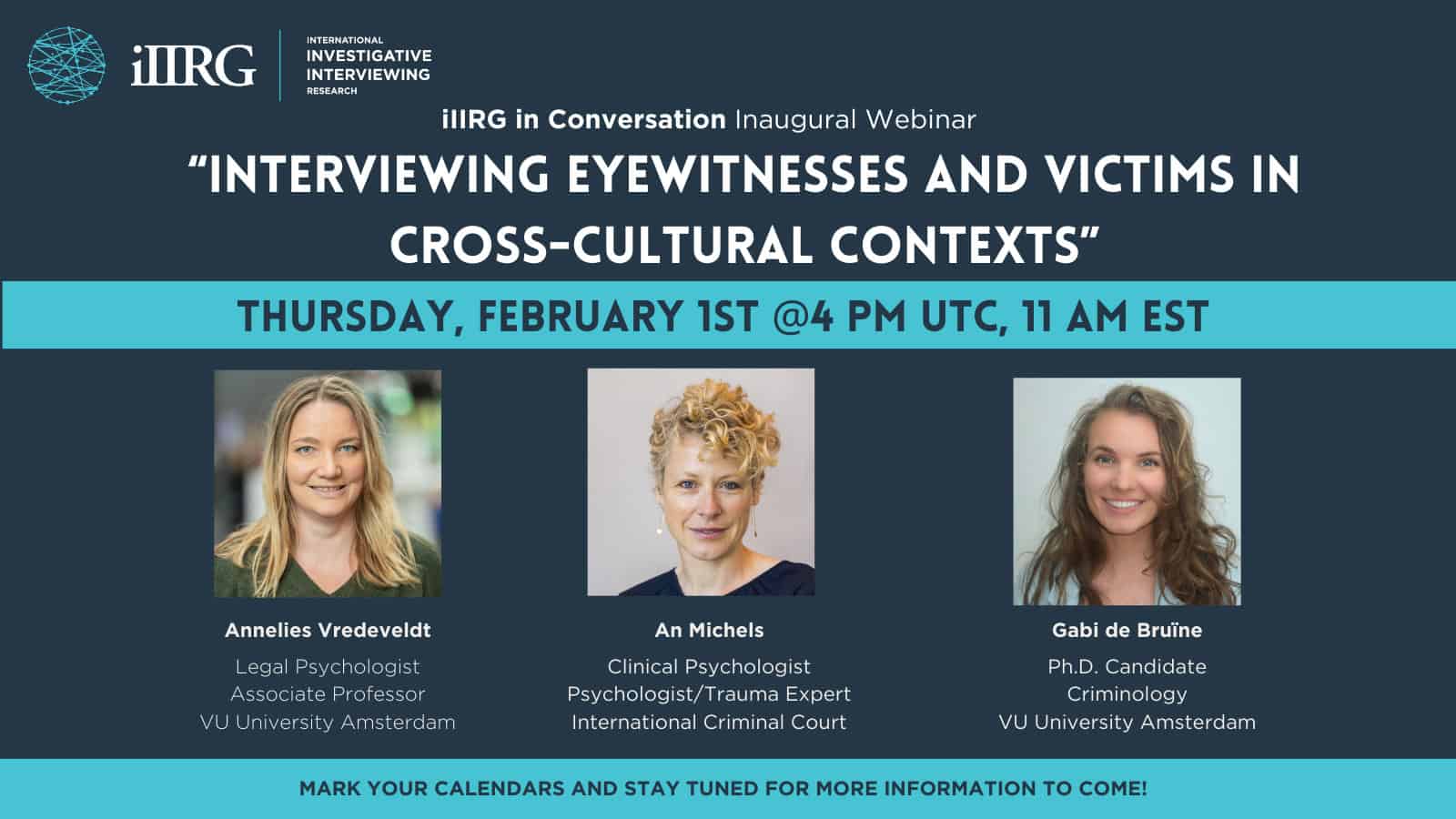iIIRG in Conversation... February 2024
Interviewing eyewitnesses and victims in cross-cultural contexts
Thursday, February 1st 2024
This was the first in a series of iIIRG webinars featuring presentations and conversations with leading academics, practitioners and students across the field of Investigative Interviewing.
Our inaugural webinar took place Thursday, February 1st, at 4pm UTC, 11am EST, where iIIRG was in Conversation with Legal Psychologist, Annelies Vredeveldt, Clinical Psychologist, An Michels, and Criminology Ph.D. Candidate, Gabi de Bruïne.
Our Panelists

Annelies Vredeveldt
Legal Psychologist / Associate Professor
VU University Amsterdam

An Michels
Clinical Psychologist / Trauma Expert
International Criminal Court

Gabi de Bruïne
Criminology Ph.D. Candidate
VU University Amsterdam
Interviewing eyewitnesses and victims in cross-cultural contexts
Abstract
Have you ever considered how culture might affect the way you interact with other people? Investigative interviewers frequently interview eyewitnesses and victims from different cultural backgrounds. It is therefore important to be aware of cultural differences in the way we tell stories or answer questions. Moreover, it is crucial to consider how an investigative interviewer can support the interviewee and help them tell their story in the best way possible. In this webinar, we will consider how culture, trauma and memory may interact in investigative interviews. First, Dr. Annelies Vredeveldt, director of the Amsterdam Laboratory for Legal Psychology and winner of the 2022 iIIRG Academic Excellence Award, will outline some key cultural differences in investigative interviews. She will focus on how interviewees may express emotions, frame their stories, and answer questions, illustrating theoretical concepts with concrete examples from South African police interviews collected during a field study. Next, Ph.D. student Gabi de Bruïne will present her findings from a controlled eyewitness experiment that involved a cross-cultural comparison of eyewitness testimony and line-up identifications. Finally, clinical psychologist An Michels from the International Criminal Court will reflect on her experiences and discuss the integration of mental health and psychosocial support approaches in accountability mechanisms for atrocity crimes.
Program
17.00 Presentation: Annelies Vredeveldt
17.20 Presentation: Gabi de Bruïne
17.35 Presentation: An Michels
17.50 Panel discussion
18.15 End
Speakers
Dr. Annelies Vredeveldt
Dr. Annelies Vredeveldt is a legal psychologist and works as Associate Professor at the Department of Criminal Law and Criminology at VU University Amsterdam. She is co-founder and director of the Amsterdam Laboratory for Legal Psychology (ALLP). She currently leads an ERC Starting Grant research team that investigates eyewitness memory in cross-cultural settings. Dr. Vredeveldt regularly appears as an expert witness in criminal cases and serves on advisory committees of the Netherlands Register of Court Experts and the Dutch National Police. She teaches the Psychology course in the international Law in Society programme at the VU and Project Reasonable Doubt, in which potentially dubious criminal convictions are re-evaluated.
An Michels
An Michels is a clinical psychologist with an additional degree in family therapy. She specialized in the development of support strategies for conflict-affected populations and worked in Rwanda, Burundi and Indonesia for Médecins Sans Frontières as well as for the Special Court for Sierra Leone. Throughout her work she has developed particular expertise in supporting victims of gender-based violence and children affected by armed conflict in their involvement in transitional justice mechanisms. She advised UNICEF, WFP, OHCHR, UNODC and various INGO’s on these topics.
An is the Psychologist/Trauma Expert and Team leader of the psychosocial support team in the Victims and Witnesses Section at the International Criminal Court. In this role she advises the Court on the development of survivor-centred approaches and trauma-informed approaches. Together with her team she supported hundreds of victims and witnesses interacting with the Court.
She is currently on a leave of absence from the Court as she received an innovation grant from the Knowledge Management Fund of the Knowledge Platform for Security & Rule of Law, to conduct a good practice analysis on the integration of mental health and psychosocial support approaches in accountability mechanisms for atrocity crimes and launch a community of practice of mental health and justice practitioners. An is also a visiting researcher at the Amsterdam Laboratory for Legal Psychology at the VU University Amsterdam.
An was invited by the Rockefeller Foundation for a Bellagio Residency for 2024, in recognition of her role as global leader in her field.
Gabi de Bruïne
Gabi de Bruïne is a PhD candidate at the Department of Criminology at the VU University Amsterdam. Her doctoral research is about eyewitness memory and credibility assessments in cross-cultural contexts. It is a collaborative project of the Amsterdam Laboratory of Legal Psychology (ALLP) and the Center of International Criminal Justice (CICJ). The project focuses on experimental comparisons of statements made by Sub-Saharan Africans and Western Europeans. Gabi completed two Master’s degrees at VU University Amsterdam, one in Criminology and one in International Crimes and Criminology. As part of her Master’s thesis, Gabi investigated cross-cultural differences in object recognition and depth perception, comparing asylum seekers from Sub-Saharan Africa to a matched Western control group. The findings of her thesis were published in Applied Cognitive Psychology. Furthermore, Gabi has worked on a Rwandan legal case as part of Project Reasonable Doubt. Within the project, she analysed many statements from Rwandan genocide survivors. She is interested in eyewitness memory, investigative interviewing and credibility assessments in cross-cultural settings and has a passion for the African continent where she spent six months during her bachelor’s programme.
Besides research, Gabi currently teaches Legal Psychology in the Forensic Criminology minor curriculum and supervises students within Project Reasonable Doubt, in which groups of students investigate the evidence in closed criminal cases.

